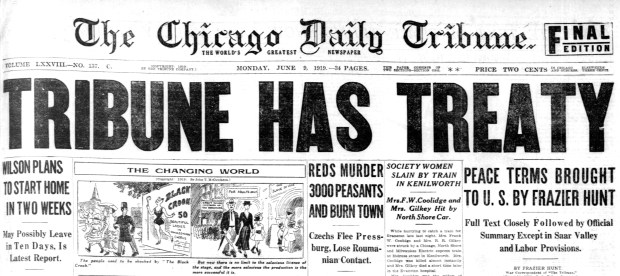Lake County commemorated World AIDS Day Sunday at the Greenbelt Cultural Center, with advocates encouraging regular testing and hoping to reduce the social stigma around the disease that once claimed thousands of lives every year in the U.S.
The event was part of national observances as well as the Illinois Getting to Zero initiative, which aims to have no new HIV infections in Illinois and no people living with HIV who are not on treatment by 2030.
Drag queen Lola Madison, one of the event’s hosts, shared her own story about what brought her to the Lake County Health Department. About a decade ago, Madison had an HIV scare, she recalled.
“I was fearing for my life. During that time you had to wait three months, as opposed to minutes today,” Madison said. “I was really afraid.”
Madison ended up testing negative, but she’s committed herself to giving back to the department ever since, regularly volunteering and supporting events. Madison hoped to help break down the stigma and shame around HIV and testing.
“We’re trying to get them to come get tested,” Madison said. “Lake County Health Department, they treat us like family, and they make you feel comfortable, because it’s a very uncomfortable thing to go and talk about.”
The department has hosted the event since 2007, and treats a third of the people living with HIV in the county. According to Illinois Department of Public Health data, there have been more than 300 HIV diagnoses in Lake County since 2017.
Sunday’s free event included remembrances for those who had died in the past year, according to organizers. Today, available medications and treatments mean that number has remained thankfully low.
“It’s becoming a space where we can celebrate life. It’s no longer a space where we have to remember so many of the lost ones,” said Jennyfer Vargas, a community health specialist with the Health Department. “This year we lost four. While it’s very hard every time, the fact those numbers are so small every year is amazing.”
Many patients don’t even get an AIDS diagnosis, Vargas said, if they receive proper care in time.
AIDS, or acquired immunodeficiency syndrome, is the most advanced stage of HIV, and means a person’s immune system is very weak and vulnerable to other opportunistic infections.
This year’s event was themed, “I am a work of ART,” a play on the acronym for antiretroviral therapy, which can reduce a person’s viral load to an undetectable level and eliminate the chances of transmission.
Alejandra Paiz, also a community health specialist with the county, said Sunday’s event was a space to connect with their patients and celebrate. The program was presented in English and Spanish, reflecting the county’s diversity, Paiz said.
The event included presentations about the history of HIV, and what treatments are available today.
“Each year, we come together as a community to honor those who have lost their lives, celebrate our resilience, and bring awareness and inspiration to the continued work left to be done in the fight against HIV/AIDS”, said Valerie Johansen, STI program coordinator at the Health Department, in a news release.
Madison encouraged everyone to get tested if they are sexually active.
“This is not just a gay thing, this is an everybody thing,” Madison said.




